*Update: As of March 23rd, most in-person activities will not occur. This is a great time to get your house market ready or conduct a virtual consultation whether you are buying or selling. Please call me to set up a time and platform: 215.767.7150. Thank you to everyone for being flexible and understanding of the additional measures being taken to ensure the safety of ourselves and those around us.*
As Montgomery County, PA and the rest of Greater Philadelphia puts rules in place for preventing the spread of COVID 19, it is important for us to stay flexible and to adapt to a changing environment on how we do business. Waiting is not always an option for buyers and sellers when it comes to moving- and it may not be the best option anyway considering the housing market has not slowed down.
Here are some changes I have put into place to protect myself, clients, colleagues, and others. As we have more information on COVID 19 these measures will be adapted to make certain we are being responsible to ourselves and those we interact with.
No matter what, if you are sick, unwell, have recently traveled internationally, please discuss with me on an individual basis as to what our plan of action will be.
Consultations:
For our initial appointments to go over the buying and selling process and your game plan, we will meet virtually instead of at my office. We can do this through Skype, Google Hangouts, Facebook Messenger, WhatsApp, or I can send you a link to join a virtual meeting. Any program which allows screen sharing will work. You do not need to share video- this is more for me to share information with you via screen sharing.
For Showings:
Shoe coverings. I supply disposable booties to my clients to wear at showings.
Gloves. I supply disposable gloves to use when looking through houses and I will also wear them.
Disinfectant. I supply a form of disinfectant for anything touched by accident. Otherwise, gloves will be used from opening the lockbox to opening doors, cabinets, and locking up.
Distance. We will practice social distancing while at showings and avoid handshakes.
Masks. Wear a mask if you would like.
No bathroom use will be allowed during showings. Please plan accordingly.
Remote Showing. If you prefer to have a video call and live tour of a property, I am happy to set this up with you. This is a regular practice for me as I work with clients who work odd hours, are relocating to the area, or have medical reasons to do a remote showing. I also preview properties for my clients who fill out my Buyer Survey on this website to see if the house will meet the clients’ criteria. Favorite Apps for remote showings: Facebook Messenger, WhatsApp, Instagram, Snapchat, Skype, Google Hangouts.
For My Listings:
Isolated appointments. Showings will be limited to one per 15-30 minute interval. No overlapping of appointments at this time. Any overlapping appointment times will be discussed with showing agents.
Booties. I will provide a basket of booties by the door to be worn by anyone seeing your home.
Disinfectant. Please disinfect your door handle and the lockbox before and after showings as well as other handles in the home. We can coordinate if you need additional help with this.
Open Houses. Most Open Houses are cancelled at this time and other marketing efforts will take place. However, if there is a reason to do one, extra measures will be taken for Open Houses including limiting one to two groups in the home at the same time. Antibacterial will be provided at the door along with booties and the option to wear a glove for opening doors and cabinets. I will wipe areas down at the end of the Open House.
Settlement:
Most settlements will be remote.
Sellers: You may opt to sign a Deed Package with a notary which is signed in advance of closing. This may be the best solution in order to limit the amount of people at the settlement table.
Buyers: We will have settlement at my office in Ambler. I will be there ahead of time to disinfect railings, surfaces, door handles, and pens. I will provide disposable gloves and recommend you wear them as papers are passed around to sign. Bring and wear a mask if you so choose. Minimally, the Title Closing Agent will be there to go through the paperwork with you. I will be present for any questions.
I am sorry to say, but we will not be doing a champagne toast at settlement. I promise I will make it up to you!
If you have any questions about the measures I am taking with my clients or further recommendations, please contact me directly: Shaina@MontCoLiving.com or 215.767.7150.

























